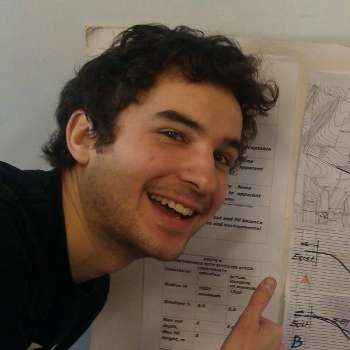
Edward Whitney
Showing 17 of 17 articles
Bristol
23 May 2014
The Orchestra of the Age of Enlightenment: a sense of novel wonder
London
27 Feb 2014
Dohnányi guides the Philharmonia Orchestra through A Hero's Life
Reading
24 Jan 2014
Royal Liverpool Philharmonic in Reading
London
23 Oct 2013
The LPO, Royal and Tharaud play Poulenc and Prokofiev at The Rest is Noise
London
24 Aug 2013
Prom Saturday Matinee 4: English Chamber Orchestra with Ben Johnson and Richard Watkins
London
15 Aug 2013
Prom 44: The Royal Philharmonic Orchestra and Charles Dutoit
Southampton
21 Apr 2013
Birmingham Contemporary Music Group play Britten at Turner Sims
London
17 Feb 2013
Markus Schäfer sings Lieder at Wigmore Hall
London
27 Jan 2013
Adams conducts Adams at the Barbican with the LSO and St Lawrence String Quartet
London
30 Dec 2012
Florilegium unwrap Bach at Kings Place
Southampton
27 Nov 2012
The Elias String Quartet begin their Beethoven cycle at Turner Sims
Southampton
15 Nov 2012
The Wihan Quartet play Dvořák, Ravel and Mozart at Turner Sims
Southampton
11 Oct 2012
Borodin String Quartet: Tchaikovsky and Brahms in Southampton
London
04 Aug 2012
Prom 28: Ulster Orchestras with Sir James Galway and JoAnn Faletta
London
18 Jul 2012
Prom 6: BBC Symphony Orchestra with Kirill Gerstein and Sakari Oramo
Bristol
12 Jul 2012
Soloists of Oxford Philomusica: Baroque music at St George's Bristol
Bristol
16 May 2012
Elektrostatic Focuses on Flutes in Bristol

